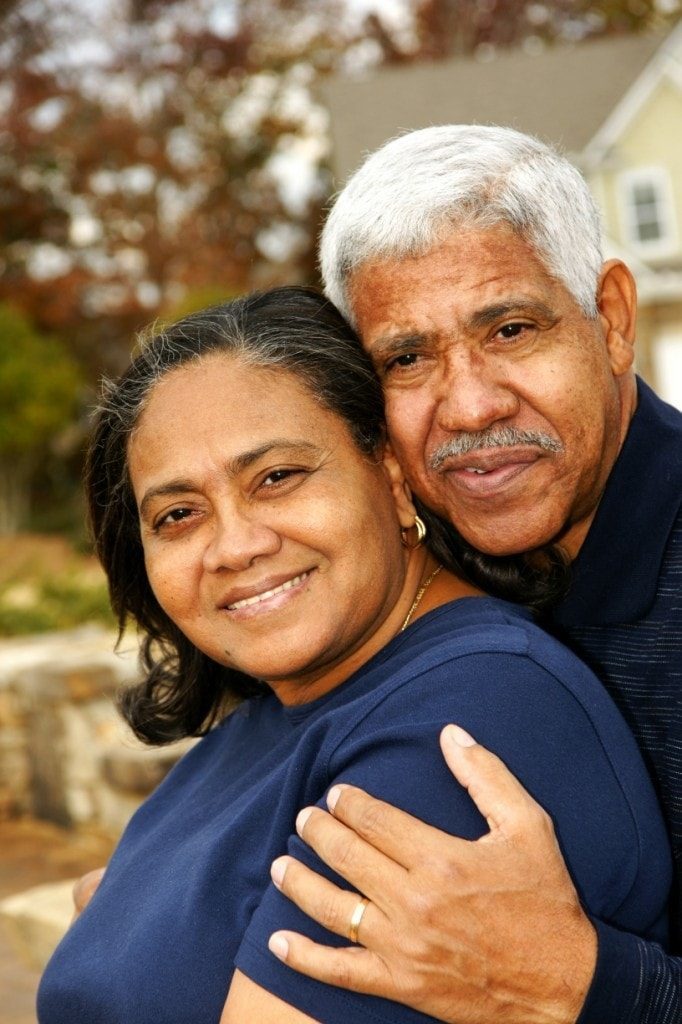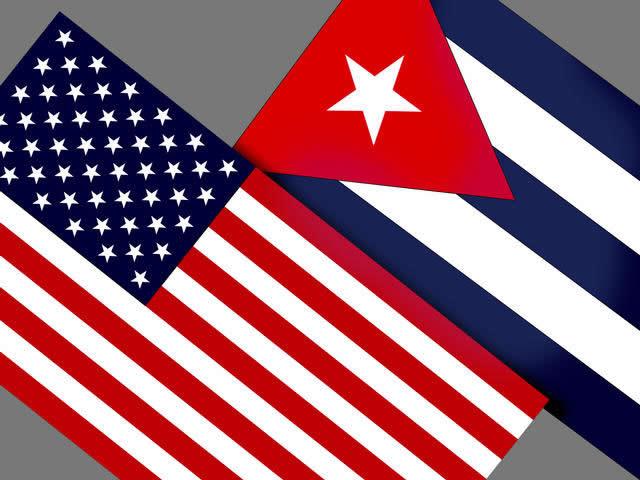
It’s your choice.
You can engage in social media discussions responsibly.
Or you can share whatever images of yourself that you fancy.
Just be aware others are paying attention.
Some may be immigration officers.
Call Today:


It’s your choice.
You can engage in social media discussions responsibly.
Or you can share whatever images of yourself that you fancy.
Just be aware others are paying attention.
Some may be immigration officers.

Are immigrant males ever the victim of domestic violence?
Sure.
Is there any program to help them?
Yes.
It’s called the Violence Against Women Act.

All that is gold does not glitter. Not even wedding rings, especially from second spouses.
Because marriages are one of the easier paths to winning permanent residence, they invite close immigration scrutiny.
An immigrant’s second marriage prompts extra caution. Besides assessing the authenticity of the current union, government officers probe the first marriage and divorce for indicators of marriage fraud.

For immigrants, a divorce is not always the worst aspect of divorces. It’s a secret that I initially learned while representing clients as a Riverside green card lawyer.
In many instances, a divorce has no impact on immigration status.
On the other hand, navigating the issues of family court proceedings is often like tip-toeing through a field of landmines. One misstep and permanent residency or citizenship dreams are shattered.

Love happens.
More often than not, love happens unexpectedly.
For immigrants who have entered the U.S. under the Visa Waiver Program, love can lead to deportation – and a ten year to permanent separation from their spouse and children.
Despite years of battling this issue as a green card attorney, I’m still saddened every time government agents fail to grasp love and marriage deserve a second look before family ties are destroyed and immigrants are blindly sent back to their country of origin.
Policy makers, it seems, should grasp that love can happen, instantly, and innocently, even for tourists.

A few weeks ago, President Biden signed an executive order mandating a comprehensive review of the Special Immigrant Visa (SIV) programs for Afghan and Iraqi translators.
The announcement was overdue.
After risking their lives to help the United States, many loyal interpreters have been left stranded in an visa processing limbo and remain stuck in increasingly vulnerable living situations.

The road to permanent residence for Jamaican immigrants in the United States can take two decades to complete. Even for parents who have earned naturalization status, the process requires navigating a family unity visa system with a long and growing backlog. Such waits are not uncommon for immigrants from Jamaica. This article shares the story of one mother and daughter who survived the ordeal. It also calls for fixing the green card system now in place.

Sponsoring family members to live in the U.S. has been a central tenet of immigration law for over 50 years.
Contrary to chain migration rhetoric, immigration rules do not facilitate expedited passage of unlimited numbers of distant relatives through America’s ports of entry.
Rather, family-based applicants from abroad experience a slow and tedious process.
Over 28% of immigrants granted green cards from abroad last year had been waiting 10 years or longer for their interviews.

The Cuban Adjustment Act (CAA) of 1966 is one of our most unique immigration programs helping immigrants earn green cards and win permanent resident status.
Like many immigration programs, the Cuban Adjustment Act was created in response to our political policies. Back in 1966, the U.S. was furious at the Cuban government. As a result, the Cuban Adjustment Act was passed to help Cubans fleeing their country due to political dissension.

For immigrants, the day they become lawful permanent residents is one of the happiest moments of their lives.
For some, the day they lose their green card holder status is one of their worst.
When immigrants win permanent residency, a future with great promise lies ahead.
The ability to live, work, and go to school legally in the United States opens many opportunities for the new green card holders and their family members.
Yet, even while my clients are celebrating, as their green card lawyer, I have to remind them that these privileges are not absolute.